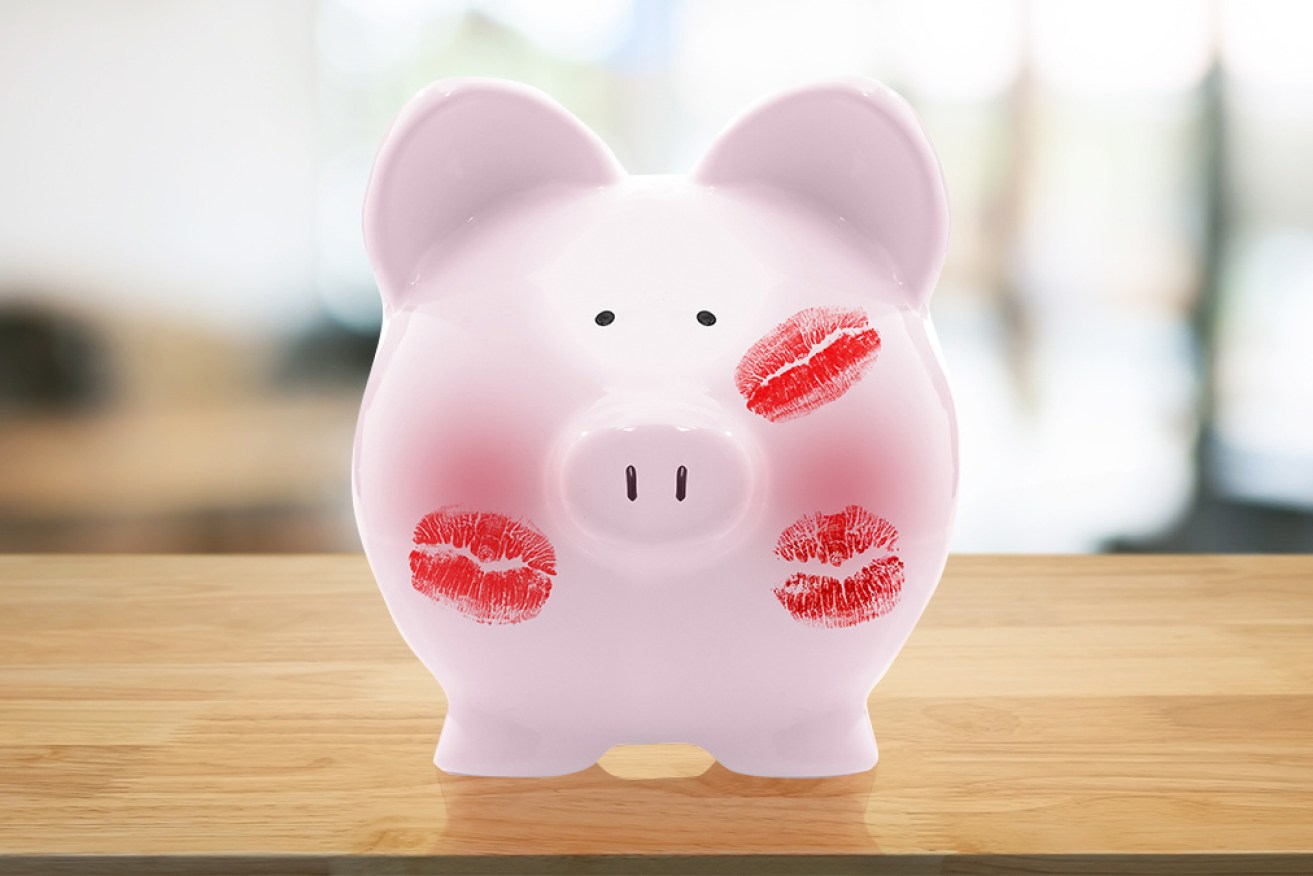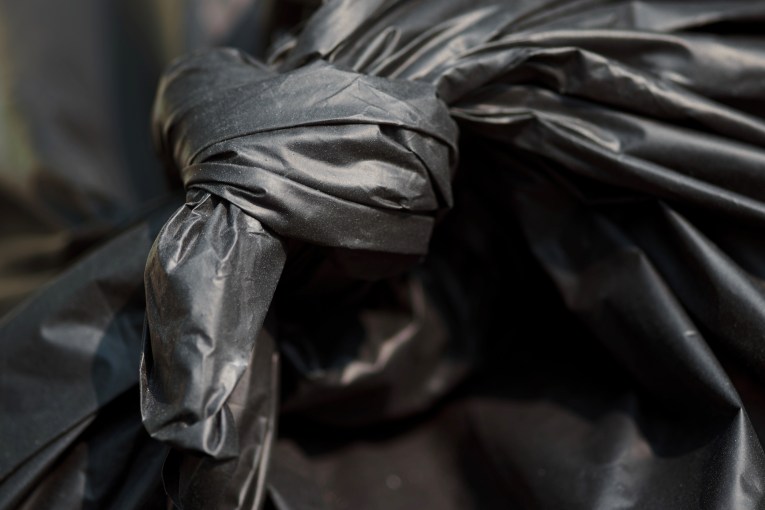How the ‘lipstick effect’ keeps Australians dining out despite a tight economy


Australians spent a lot on hospitality in April, thanks to the 'lipstick effect'. Photo: Getty
Australians’ appetite for eating out continues to grow despite a constant stream of bad economic news, with some economists explaining that trend by citing the curiously-named ‘lipstick effect’.
Consumer spending on services like health, education, recreation, and transport all continued to dry up in April (albeit at a slower pace than has been seen over the past three months), according to the latest Ai Group performance of services index.
Ai Group chief executive Innes Willox said the “further slump” in the services sector as a whole was a “particularly concerning sign” that weakness in some pockets of the economy was beginning to spread, and political uncertainty is taking its toll.

Ai Group’s April performance of services index.
Yet the hospitality sector defied the overall trend of reduced spending, and experts say there’s a reason otherwise frugal Australians are still heading out for a smashed avo on toast: the ‘lipstick effect’.
The ‘lipstick effect’
The phenomenon was uncovered in the early 1930s, when consumers actually increased their spending on small, more affordable luxuries during those times of economic hardship.
“In the years 1929 to 1933, despite industrial production halving, sales of cosmetics actually rose in the United States,” Dr Louise Grimmer, a University of Tasmania marketing lecturer, told The New Daily.
“Similarly, just after 9/11, Estee Lauder reported a spike in their relatively expensive lipstick products.”
The spike in hospitality spending through April is also a “perfect example” of this effect.
“At the moment in Australia we have prolonged stagnant wage growth, economic uncertainty as well as an upcoming election, so all these factors make it ‘ripe’ for the lipstick effect to take place,” Dr Grimmer said.
“We might not be able to afford to go to Queensland on holiday this year, but we still want to do some things that make us feel good, so we’ll spend money on eating out instead.”
Making up for a bad situation
Regardless of the state of the economy, people chose to spend their money on luxury items to make themselves feel good; the lipstick effect becomes evident when times are tough or people expect things to turn south and the types off luxury items people choose to purchase changes in response.
“When disposable income is under pressure, we are still willing to spend money on ‘luxury’ items but we tend to buy less costly luxury goods,” Dr Grimmer said.
“So I might have a massage instead of signing up for a personal trainer, or I might buy one expensive piece of skin care such as a high-end moisturiser but I’ll buy the rest of my skincare from a discount chemist. Similarly, I might cancel my monthly wine subscription service but I’ll indulge in a bottle of whisky or sparkling.”
Other factors at play
Danny Price, managing director of Frontier Economics, suspects there’s another explanation for the hospitality sector’s strength.
Rather than concerned customers replacing extravagant gifts to themselves with smaller items, Mr Price said shifting consumer demographics could account for the increase in hospitality spending.
“People around the world have seen a lift in living standards, and that tends to mean they have more leisure time, so naturally they’re going to want to fill that time,” he said.
Those same consumers are increasingly in search of experiences rather than goods, and that makes the hospitality sector a likely beneficiary.









